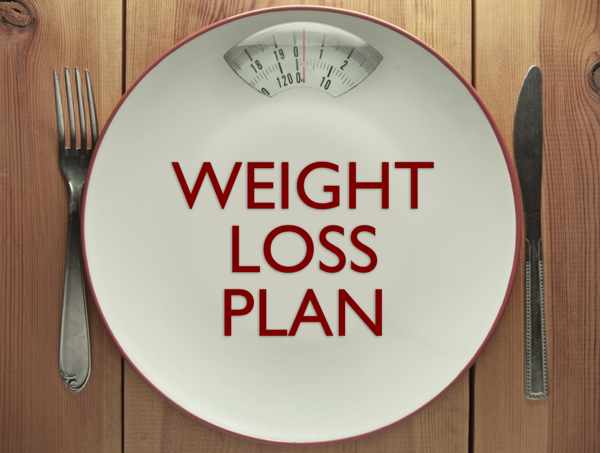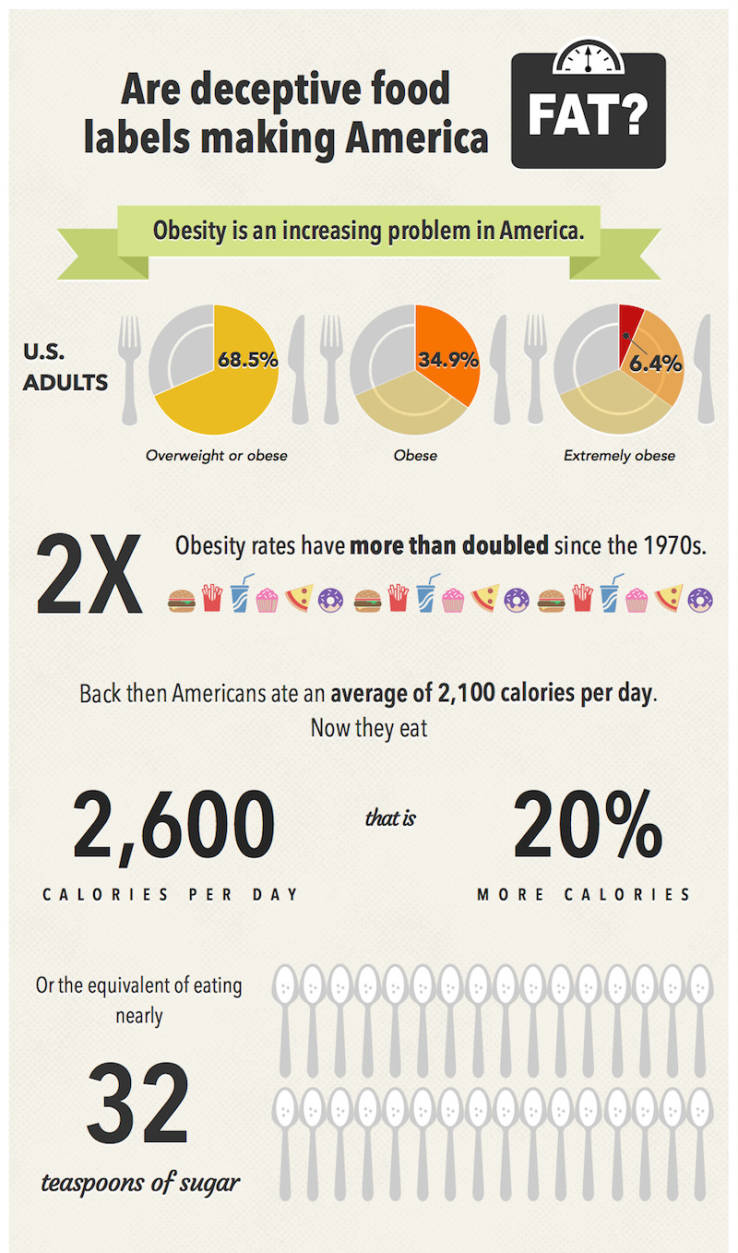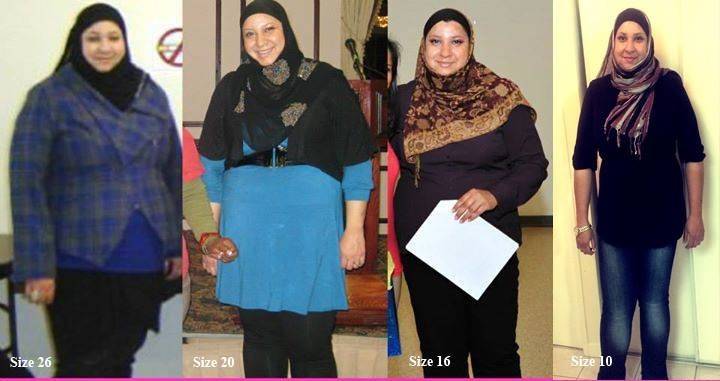How Does your Metabolism Work?
How Does Metabolism Work?
Your body’s metabolism is based on the food that you eat. Your body gets all of its energy from plant and animal products that you ingest on a daily basis. This energy is measured in calories. After you eat your food, your body breaks down the different components into energy that it can use to run different cellular processes. Special molecules, called enzymes, which are released by your pancreas and thyroid gland, help to break your food down into sugars, amino acids, and fatty acids. These three types of energy are then absorbed into your bloodstream and transported to all of the different cells in your body to help to run all of your body’s different processes. Any excess energy is then stored by your body as muscle or fat so that it can be used in the future.
Factors Affecting Metabolism
There are a number of different factors affecting metabolism. The most important factor is the amount of lean muscle mass that your body contains. Lean muscle mass burns energy all of the time, even when you are not actively working out. It also burns more calories than any other part of your body. The more lean muscle mass you have, the higher your metabolism will be. Other factors affecting metabolism include:
Age: As you age, your metabolism naturally slows down. This is because the body loses lean muscle mass over the years. Expect your metabolism to decline by about 2% every decade after the age of 20.
Sex: Men have naturally higher levels of lean muscle mass. This means that women will generally have lower metabolisms than men.
Height: People who are taller have a greater surface area for their bodies to fuel. As a result, taller people tend to have a more active metabolism and require more calories in order to stay energized.
Family History: Your genetic makeup will also play a role in your metabolism. Some families have a naturally high metabolism, while others have a naturally low metabolism.
Eating Habits: The more often you eat, the more active your metabolism will be. If your body doesn’t get a regular supply of calories, it will enter into “starvation mode,” during which your metabolism will slow down and store excess energy as fat. This is why many people who are trying to lose weight suffer from yo-yo-dieting syndrome.
Exercise and Metabolism
Exercise also plays a key role in determining the rate at which your metabolism will work. Exercise helps to increase metabolism in two ways:
Burns Calories: When you perform an activity, your metabolism will naturally speed up in order to burn up enough energy to fuel your bodily movements. Your metabolism will remain elevated for up to 12 hours after you exercise.
Creates Muscle Mass: As you exercise, your body loses excess fat and begins to lay down increased amounts of lean muscle mass. This is particularly true of strenghth training exercises, such as weight-lifting and resistance exercises. Because muscle burns more calories than fat, exercise is a natural way to increase your metabolism.
Metabolic Problems
Sometimes, problems with the metabolic process can affect how your metabolism is working. These problems can be present at birth or can develop over time. The most common metabolic disorders include:
Thyroid Problems: The thyroid gland releases a special hormone, known as thyroxine, which helps your metabolism to function properly. Sometimes, a person’s thyroid gland can become overactive (hyperthyroidism) or underactive (hypothyroidism), affecting weight, heart rate, and other bodily processes. Belly Buster Diet, Inc. has an excellent product for speeding up the thyroid called “Thyroid Complex” (go to www.bellybusterdiet.com)
Diabetes: Diabetes is a condition that results from an inappropriate response to your body’s blood glucose (energy) levels. It can result in rapid weight loss or gain, heart problems, and circulatory disorders.
Getting a Boost: How To Increase Metabolism
If you are eager to lose weight or just improve your overall health, you may be interested in finding a way to boost your metabolism. Here are a few tips to keep in mind:
Eat Regularly: Though it can be tempting, it is important not to restrict the amount of food you are eating. Don’t skip meals as this will trick your metabolism into starvation mode. Instead focus on eating three healthy meals a day, and at least two snacks. Follow the Belly Buster Diet www.bellybusterdiet.com.
Exercise: It is essential that you increase your amount of lean muscle mass if you want to speed up metabolism. Focus on performing strength-training exercises in order to build your muscle. Pair these exercises with regular aerobics programs, which will help you to burn excess fat and calories.
For more information, visit www.bellybusterdiet.com
and www.squidoo.com/bellybuster
-
Juice Diets – Tip for Juicing The Right Way To Lose Weight
With a huge rise in health conscious dietary choices s
-
Stopping Diet pills! What happens next?
You go back to the old eating habits. You put on all the lost weig
-
Atkins LowCarb Part 4
Since so many people in the United States are currently in the middle
-
Quick Weightloss programs
Millions of people all over the world ar
-
Lose 10 Pounds In 7 Days – 3 Quick Tips
If you desire to drop ten pounds in 1 week, then you’ll want to
-
3 Ways to Avoid Gaining The “Office 15”
You remember the freshme
- DON'T MISS
- Weight Loss Calculator: How Many Calories Do You Need?
- Aerobics For Weight Loss: Myths And Truths
- Controlling Your Portion Size
- Consumer Health Awareness Has Valuable Tips on Reaching Your Weight Loss Goals
- Tips to Lose Weight despite Big Appetite
- Techniques For Losing Weight Consuming An Ideal Diet Plan
- Sources For South Beach Diet Results
- Here’s How Much You Can Save By Slimming Down
- Technology Weight Loss Putting An Online Tool To Use
- Close Kept Secrets To Weight Loss Lesson 32




